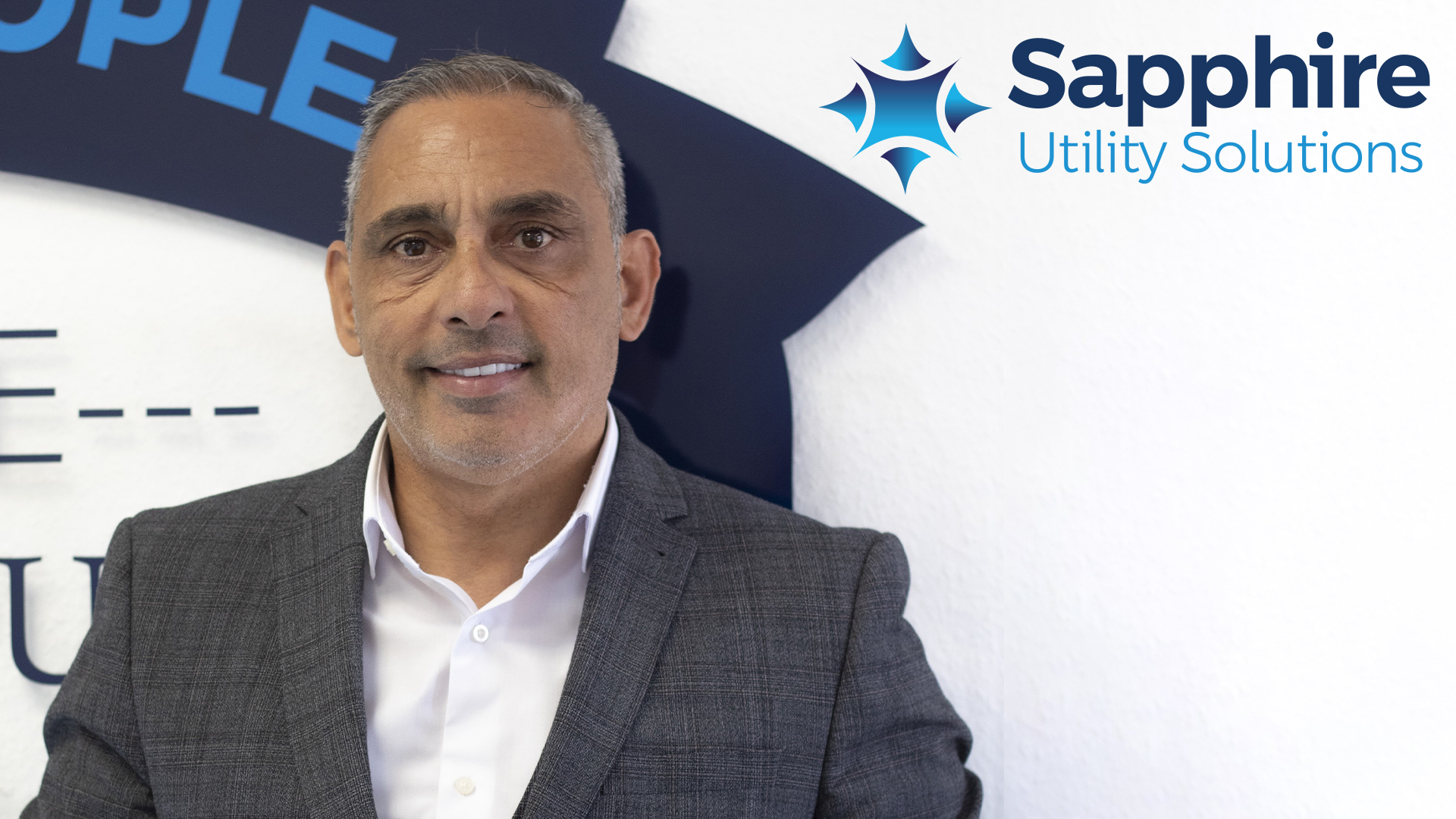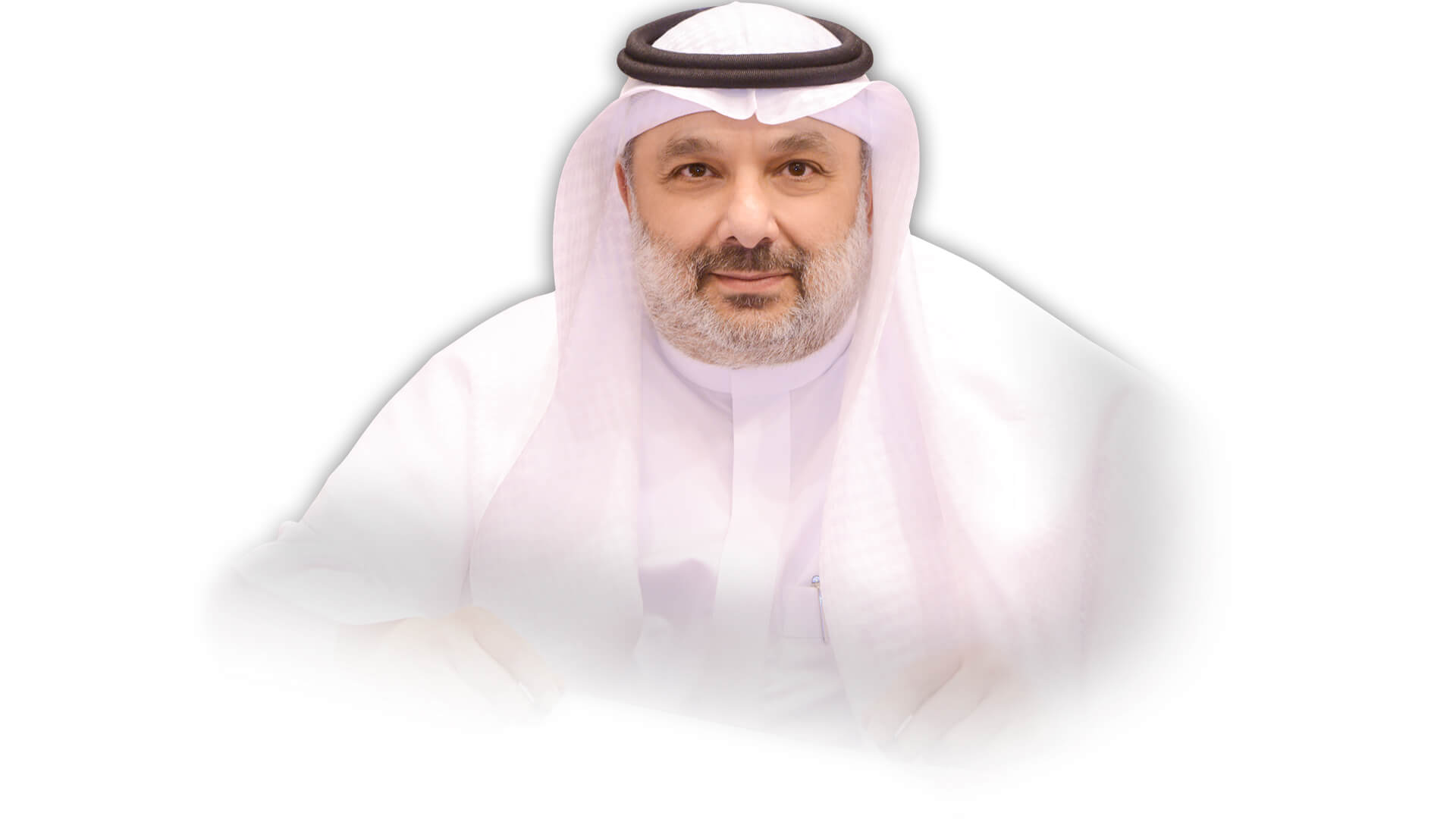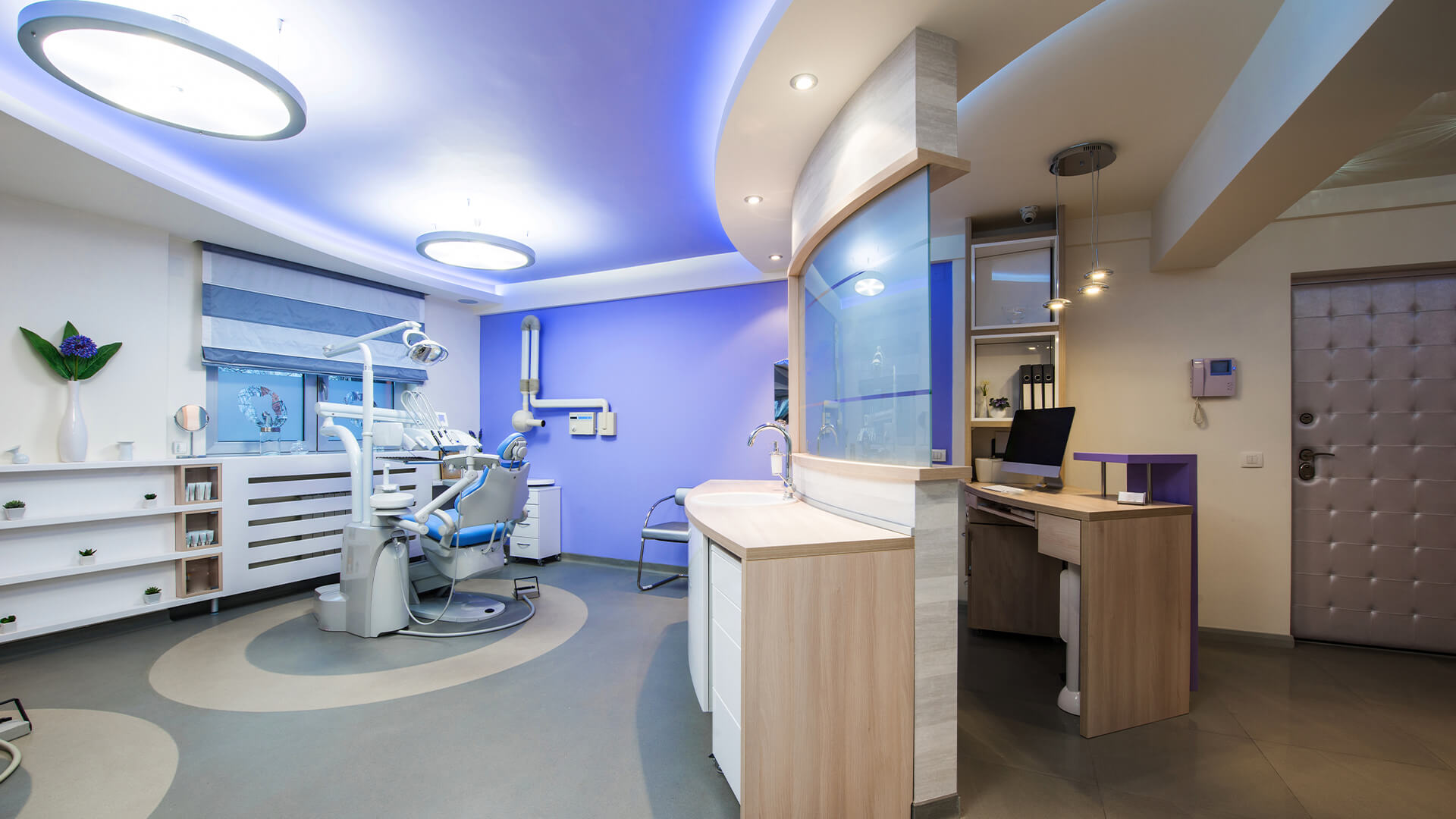For the last decade, Sapphire Utility Solutions Ltd. has been providing award-winning services to several important sectors, including clean water, wastewater, gas, digital networks, and highways. Over the years, it has become the partner of choice for many clients, having earned a strong reputation for its exceptional work. Here, we speak to Founder and CEO Michael Patel to find out more about the company in the wake of his success in winning CEO of the Year, Lancashire, in the CEO of the Year Awards 2023.
Having worked for several larger contractors in the past, Michael established Sapphire Utility Solutions in 2013, aiming to create a company that would provide a more flexible and tailored service to its clients than his previous employers. His mission was to act as a catalyst for change, introducing new ways of thinking, approaches, and technologies in order to meet the ever-changing needs of the utilities sector.
In its earliest years, Sapphire Utility Solutions primarily subcontracted to larger Tier 1 contractors, but Michael’s vision was for the company to operate as a Tier 1 in its own right. In working to achieve this goal, he risked alienating the contractors that the business was currently working for. To avoid this, Michael planned to continue supporting them whilst identifying and bidding for areas and contracts that they were not pursuing. This approach enabled Sapphire Utility Solutions to secure multiple main contracts, whilst maintaining its strong relationships with existing contractors.
Having operated as a subcontractor for six years, Sapphire Utility Solutions had worked tirelessly to develop its systems, processes, and capabilities. Eventually, it was awarded its first main contract with United Utilities, a company that provides water and wastewater services to the northwest of England. This served as a solid foundation for it to win further opportunities. Today, the company holds six main contracts with United Utilities.
By maintaining direct relationships with its clients, Sapphire Utility Solutions has gained a far deeper understanding of their needs than its competitors, enabling it to better tailor its offerings to support them in achieving their business objectives. For example, utilising a key account management approach, Michael personally led the evolution of the operating model in delivering wastewater activities with United Utilities. Through this, he has helped the company to significantly enhance both its customer experience and regulatory performance.
Since establishing Sapphire Utility Solutions, Michael has been working to achieve his overall strategy for business growth, which was to initially serve as a leading supplier focused on wastewater and highways drainage works, then to expand its capabilities into other complementary sectors. In line with this strategy, Michael has been working to expand the services offered by Sapphire Utility Solutions and increase its client portfolio in order to reduce its reliance on United Utilities. As a result, whilst United Utilities accounted for more than 80% of the company’s revenue in 2018, this figure has been significantly reduced to less than 50%.
Whilst he is proud to have been at the helm of Sapphire Utility Solutions and its success in the last decade, Michael understands that the business would not be where it is today without its workforce. Over the years, his focus has been on creating a high-performing and diverse team, fostering opportunities for everyone. Today, the company operates with a directly employed workforce that genuinely represents a cross-section of society, led by a leadership team that consists of 40% ethnic minority and female employees.
In addition to this, with people at the heart of Sapphire Utility Solutions, Michael has worked to ensure that all staff members feel heard and have a voice. For this reason, he set up an employee forum that consists of elected representatives from across the business who encapsulate the team’s diversity. Michael meets with them every month to hear their ideas and understand any issues or challenges that directly impact the company’s senior leadership decision-making processes.
“We treat people as individuals,” Michael adds. “Everyone has their own life story, their own personal situation. We respect that and collaborate with our employees to deliver a working environment that helps them to fulfil their potential.”
To achieve this, Michael invests heavily in training, aiming to provide his team with the opportunities and support they need to truly excel in their roles. He is wholly committed to facilitating their personal and professional growth and development. He explains, “We wanted to take a completely different approach to people management and talent development. We want people to work for us not because they’re the finished product but so we can help them develop. We’re focused on empowering our people to be the best they can be.”
Moreover, if Michael’s passion for employee development is strong, his desire to ensure the personal wellbeing of each worker is indestructible. Many members of the Sapphire Utility Solutions team have received accredited mental health training, and every employee is provided with free 24/7 access to counselling services to help them deal with any issues they are facing. On this, Michael shares, “Mental health is so important, and we want to ensure our whole team can be open about how they’re feeling and what they’re thinking. What our people think lies at the centre of our business, shaping the way we progress.”
To dig deeper into the extent of Michael’s excellence as a leader, we also speak to his daughter, Shanaz Patel, who currently works as Payroll Manager at Sapphire Utility Solutions. She believes that her father is truly committed to looking after his team and emphasises his commitment to providing opportunities to those who may otherwise struggle to find employment.
“He is a keen advocate of Apprentice schemes and supports offenders, ex-military, and the long-term unemployed, realising that they all have potential if given the right tools and help,” Shanaz explains. “Mental health is a huge subject for my father, who initiated many schemes within Sapphire that help all employees. They have access to personal counselling at any time and are encouraged to look after their mental health as a priority.”
Shanaz also mentions that her father is hugely popular amongst both his employees and the community. With genuine compassion that goes beyond supporting people in the workplace, Michael builds affordable housing in his local area through another company that specialises in construction projects. She adds, “Our family would be so delighted to see him get recognition for everything he has achieved because he has done so much and helped so many people.”
In light of his outstanding accomplishments, both in business and beyond, it is truly no surprise that Michael Patel has been awarded the title of CEO of the Year, Lancashire, in the CEO of the Year Awards 2023. In the years to come, there is no doubt that he will continue to lead Sapphire Utility Solutions Ltd. to success, with ambitious plans for growth and to achieve carbon neutrality by 2035. We wish him and his team the best of luck in all their endeavours.
For business enquiries, contact Michael Patel from Sapphire Utility Solutions Ltd. on their website – sus.co.uk













